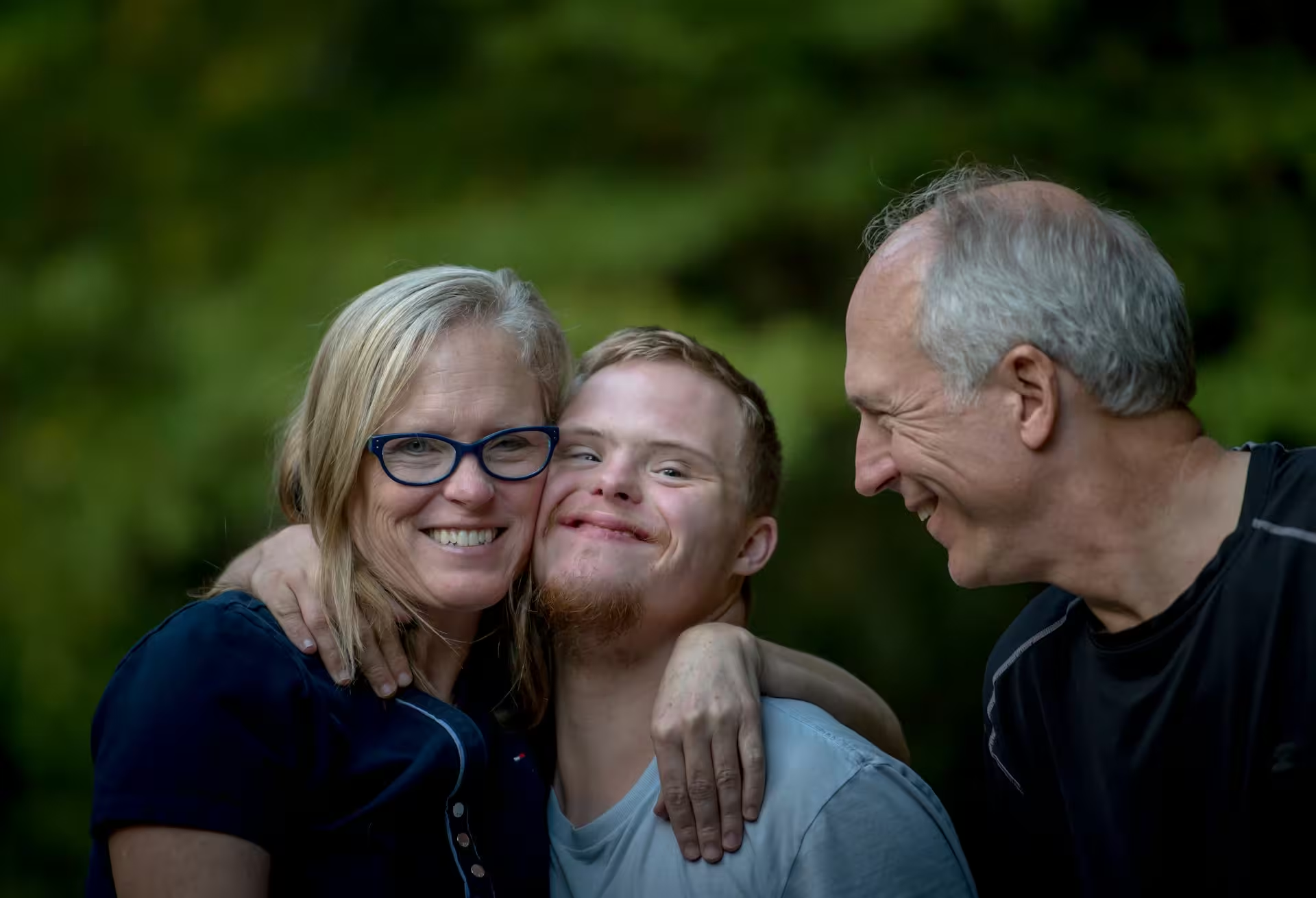
Understanding Intellectual and Developmental Disabilities: A World of Potential
Intellectual and Developmental Disabilities (IDDs) are a group of conditions that affect a person’s cognitive abilities and how they manage everyday life. It’s important to remember that IDDs encompass a wide range of experiences, and individuals with IDDs have unique strengths and challenges.
What are IDDs?
There are two key terms to understand:
- Intellectual disability(ID): This refers to limitations in a person’s cognitive functioning, such as learning, reasoning, and problem-solving skills. It’s diagnosed before the age of 18 and typically measured by standardized intelligence tests and assessments of adaptive behavior, which are skills needed for everyday life like communication, self-care, and social participation. There is no single qualifying IQ score for an ID diagnosis, but scores typically fall in the range of 70-75 or below.
- Developmental disability: This is a broader term that includes intellectual disability but can also encompass physical limitations, sensory processing issues, and social or communication challenges. These disabilities can appear at any point in life, and can be caused by a variety of factors including genetic conditions, prenatal issues, injuries, or illnesses. Some examples of developmental disabilities that can co-occur with intellectual disability include Down syndrome, Autism Spectrum Disorder (ASD), Cerebral Palsy, and Fetal Alcohol Syndrome.
What causes IDDs?
The causes of IDDs are varied. Some may be genetic, like Down syndrome, while others can be caused by complications during pregnancy or birth, such as premature birth, low birth weight, or maternal infections. Certain illnesses like meningitis or encephalitis can also cause IDDs. Exposure to toxins in the environment can be a risk factor as well. In many cases, the cause of an IDD is unknown.
Important things to remember about IDDs:
- IDDs are not contagious. You can’t “catch” them from someone else.
- IDDs are not mental illness. People with IDDs may experience mental health challenges, but these are separate conditions.
- People with IDDs have a wide range of abilities. Every person’s experience is unique. Some individuals with IDDs may live very independently, hold jobs, and participate fully in their communities. Others may require more support with daily living activities and communication.
Living with IDDs:
There are many resources available to help people with IDDs reach their full potential. Early intervention is crucial, and getting help as soon as possible can make a big difference in a child’s development. Support can include:
- Early intervention programs: These programs provide therapies, specialized education, and family support to help young children with IDDs develop their skills to the greatest extent possible.
- Special education: Public schools are required to provide Individualized Education Plans (IEPs) for students with disabilities. These plans outline the specific accommodations and supports a student needs to succeed in school.
- Vocational training: Programs that help individuals with IDDs develop job skills and prepare for employment. Supported employment services can also provide ongoing support in the workplace.
- Community support services: These services can assist with daily living activities, such as transportation, meal preparation, and personal care. They can also offer social interaction opportunities and help individuals develop independent living skills.
Creating an Inclusive World:
By understanding and appreciating IDDs, we can create a more inclusive world for everyone. Here are some ways to help:
- Educate yourself and others. The more we know about IDDs, the better equipped we are to support people with these conditions. There are many resources available online and from advocacy organizations.
- Practice patience and understanding. Everyone learns and interacts at their own pace. People with IDDs may need more time to process information or complete tasks.
- Celebrate differences. People with IDDs bring unique perspectives and strengths to our communities. We can all benefit from a more inclusive and understanding world.
For further information:
- The National Institutes of Health https://www.nichd.nih.gov/health/topics/idds
- The American Association on Intellectual and Developmental Disabilities https://www.aaidd.org/intellectual-disability


